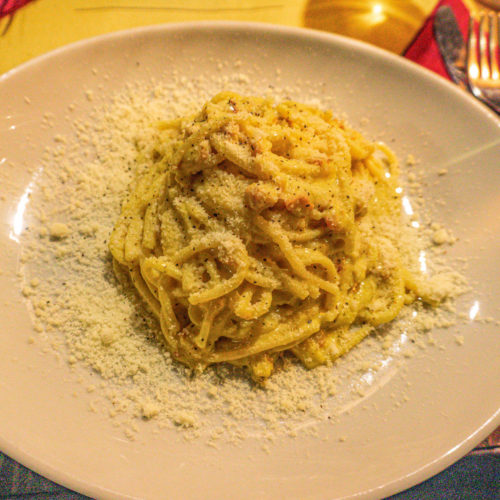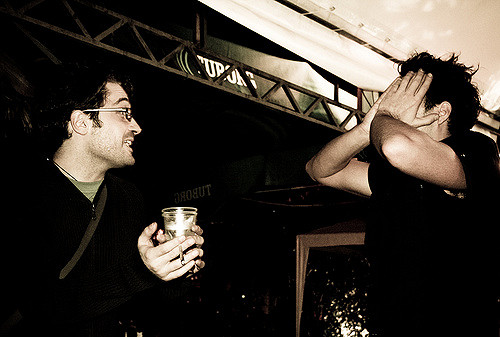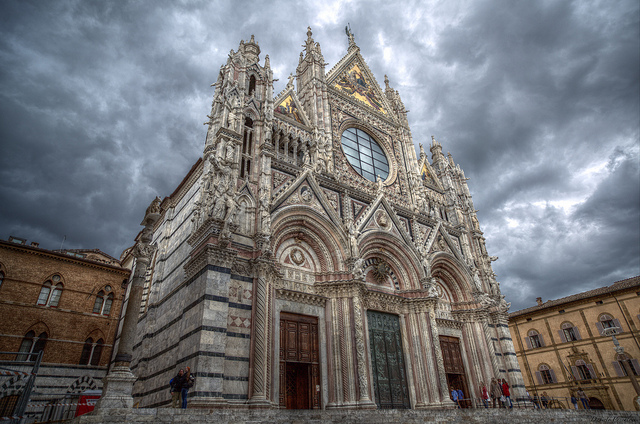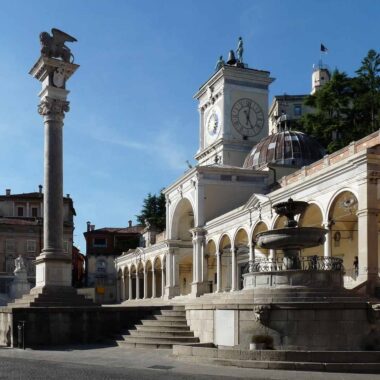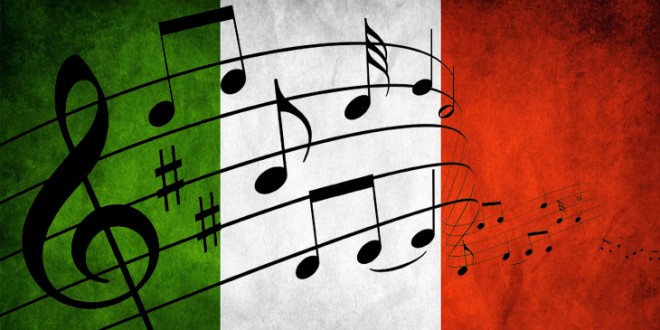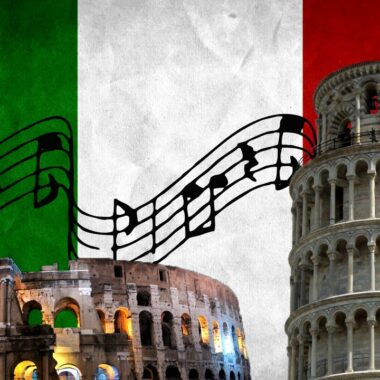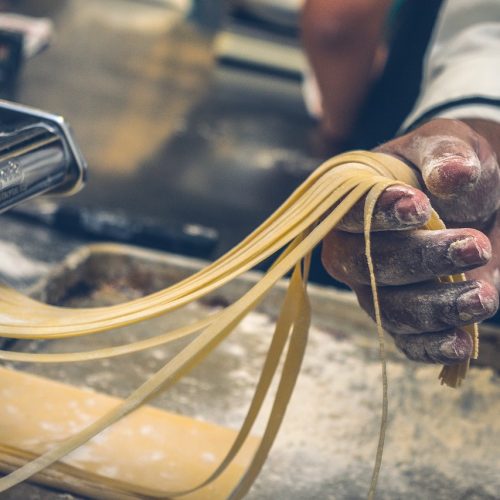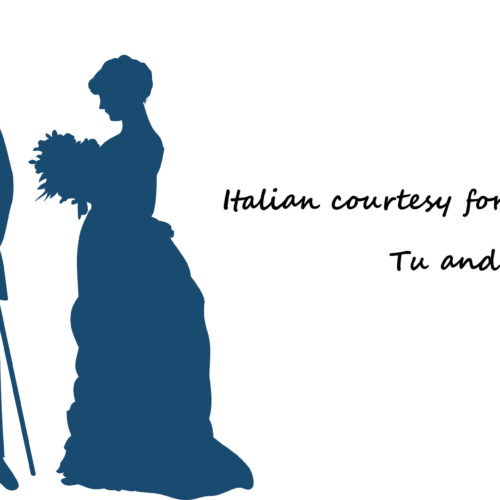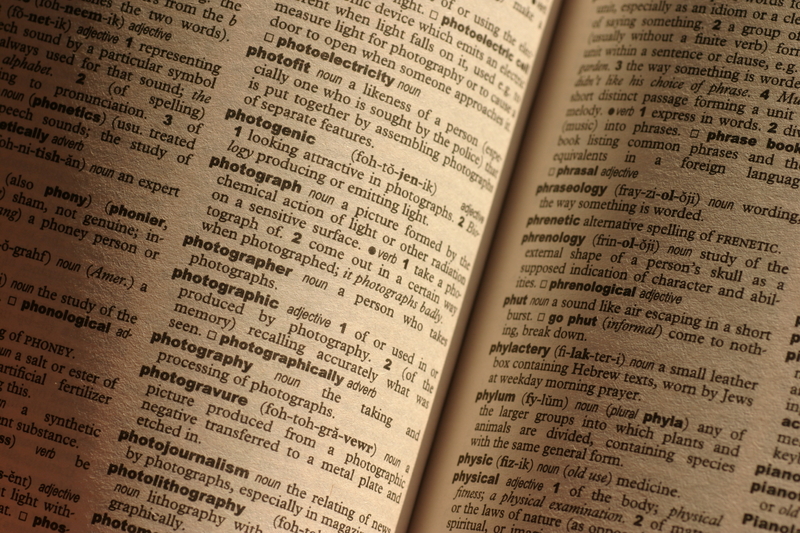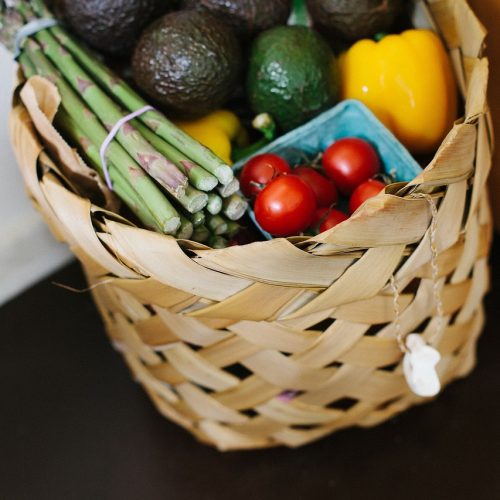Quanto costa?
“How much is it?”. The most important sentence to learn in any language before going shopping. Just remember that, according to Italian law, all prices are supposed to be displayed on merchandise.
Sconto?
“Sconto”, discount is the word to obtain a great bargain and to negotiate a better price. It is common to do so in smaller stores rather than larger chains.
Accettate Carte di Credito?
“Do you take credit cards”. In most cases, when a store accepts credit cards they’ll have a sticker displaying the logos of the cards accepted on the window or by the cash register. In case you don’t see one, you can always ask. Shops are now compelled to accept credit cards, but not all are accepted. So you should check “Accettate Visa/MasterCard?”, “Do you take Visa/MasterCard?”.
Posso cambiarlo?
“Can I exchange it?”. Exchanges are common in Italy and returns often result in switched merchandise or store credit.
A che ora chiudete?
“What time do you close?”. It is very important to know how to ask it, as Italian stores often close for lunch, hence it becomes essential to know their hours of operations.
Dov’e’…?
“Where is…?”. This can work if you are looking for an object in a store or for the store itself.
Potete consegnare a domicilio?
“Can you deliver it?”. Most stores don’t normally deliver worldwide, but you can always ask to be sure.
Rimborso
“Refund” is a concept not easy to digest for Italian store-owners although, if the problem is clearly caused by the store’s wrong doing, you won’t have an issue getting a refund. Usually stores do not reimburse cash and only allow for exchanges.
Saldi
“Sales” The best loved word of any shopper, when stores sell at discounted prices. The “sales” in Italy are controlled by law and every city gives specific timeframes in which stores can operate under a sales status.
Sto cercando…
“I’m looking for…” This is a typical question when you go to a shop and the shop-assistant says: How can I help you? = Come posso aiutarla?
Sto solo guardando, solo un’occhiata
“I’m just looking around”. When you want only to take a look (when the shop assistant asks if you need any help and you reply that you’re just giving a look)
Posso avere lo scontrino, la fattura?
“May I have a receipt?”. By law, every commercial enterprise must emit and give a receipt to the customer. In case they don’t, it’s your right to ask for one.
Prenderò due di quelle o quelli
“I’ll take two of those” when you make a choice
E’ troppo caro = It’s too expensive
Avete … ? = Do you have … ?
Una lattina, un barattolo di …. = a can of ….
Vorrei = I’d like ….
Quanto le devo? = How much do I owe you?
Vorrei comprare alcune camicie ed un paio di pantaloni = I would like to buy some shirts and a pair of trousers.
Vuole un sacchetto? = Would you like a carrier bag?
Mi può dare un altro sacchetto per favore? = Could I have another carrier bag, please?
A che ora chiudete? = What time do you close?
Siete aperti la domenica? = Are you open on Sunday?
Avete queste scarpe della misura 39? = Do you have these shoes in size 39?
Se hai bisogno d’aiuto, fammi sapere. Mi chiamo Paola = If you need help, just let me know. My name is Paola.
Ha trovato qualcosa che le piace? = Have you found anything you like?
Sono interessata a queste sciarpe = I’m interested in these scarves
Ne ha alcune in lana? Do you have any made of wool?
Posso provarla? = Can I try it on?
Questa maglia è piccola/larga = This sweater is small/large
Mi piacerebbe avere una sciarpa di lana pesante per l’inverno = I would like a heavy wool scarf for the winter.
E’ un po’ cara, è possibile avere uno sconto? = It’s a little expensive. Do you think it’s possible to get a discount?
Siccome le piace molto le posso fare il 10% di sconto. Va bene = Since you like it so much, how about a 10 percent discount. That’s good.
Tenga lo scontrino, se qualcosa non va, lei ce lo può mostrare e noi le facciamo un rimborso = Keep your receipt; if something comes up, you can show it to us and we’ll give you a refund.
Desidera altro? = Anything else?
No grazie. Nient’altro = No thank you. That’s all.
By Elisa Bressan














